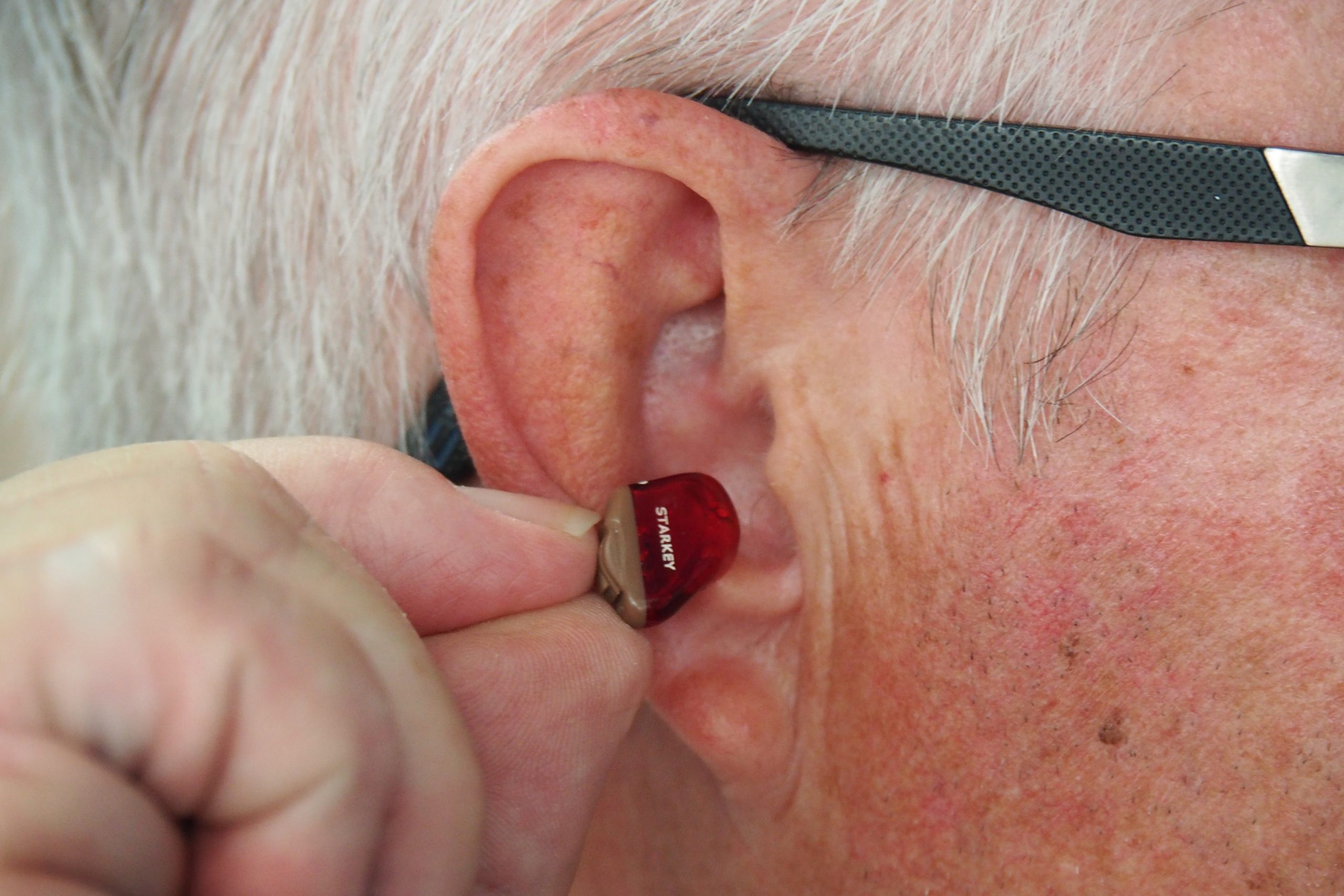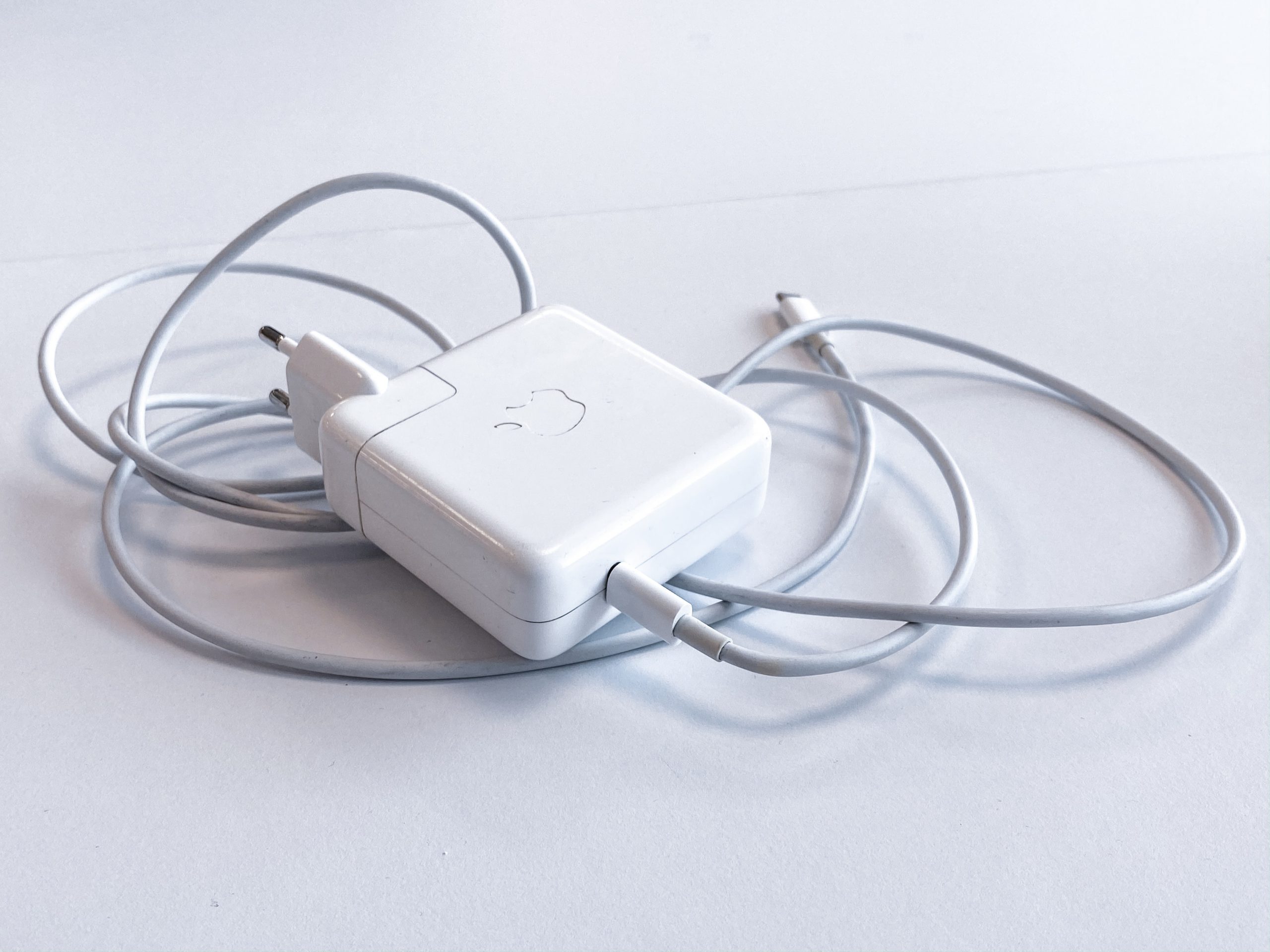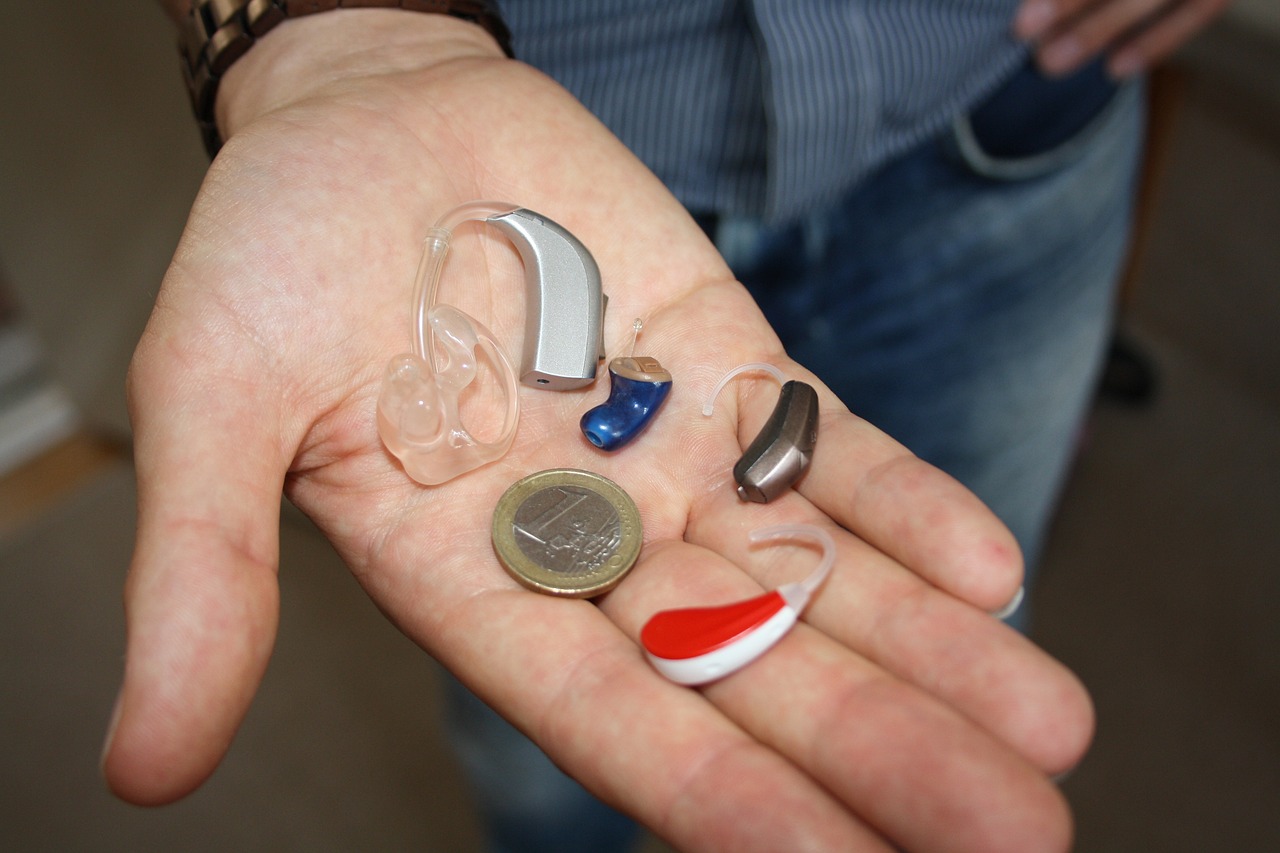
If you’ve been shopping around for a hearing aid, you might have noticed ‘FDA-registered’ attested by some brands. This article explains why it’s necessary for hearing aids to be FDA-approved and what devices count as an FDA hearing aid.
What Does FDA Registered Mean?
The Food and Drug Administration (FDA) is the government agency in the United States responsible for protecting public health. They regulate several consumer products, including food, medications, vaccines, all medical devices, and most relevantly in this instance, hearing aids.
The FDA must ensure the safety, efficacy, and security of these products and weigh up their risks. In the United States, all hearing aid manufacturers must register their devices with the FDA to be able to sell them in the country.
What Are FDA Regulations for Hearing Aids?
Hearing aids are restricted devices and sales must follow applicable federal and state requirements. The FDA regulates them as they are medical devices.
FDA hearing regulations define a hearing aid as “…a wearable sound-amplifying device1 that is intended to compensate for impaired hearing.” Some of the regulations and requirements hearing aids must comply with include specific labeling requirements as well as the required provided content of the User Instructional Brochure.
What all of this means for you as a consumer, right now, is that the current hearing devices you can buy directly without the advice of a healthcare professional are not intended for people with hearing loss. These hearing devices are not ‘hearing aids,’ but rather, Personal Sound Amplification Products (PSAPs) intended to boost environmental sounds in some situations for people without hearing loss.
According to the FDA, PSAPs are not intended to treat impaired hearing. More than anything, the FDA wants to ensure that PSAPs aren’t mistaken or used as substitutes for approved hearing aids recommended by hearing health professionals.
As PSAPs are not medical devices, there is no regulatory classification, product code or definition for these products, or requirements for listing these products with the FDA.
The FDA and OTC Hearing Aids
Over-the-Counter (OTC) hearing aids are a new category of hearing aids designed for mild to moderate hearing loss that that you will soon be able to buy directly (without visiting a hearing health professional).
There will still be regulations (that are now being established by the FDA) to ensure that these accessible hearing aids are still safe and effective for people with mild-to-moderate hearing loss. They’ll also set standards for clear and informative OTC hearing aid packaging such as making a requirement to include health warnings and advice on when to see a healthcare professional.
Unfortunately final regulations and guidelines for OTC hearing aids have yet to be published, and as defined by FDARA section 709, will not exist until they are published. Until then, no devices that are claimed to address hearing loss are, or can state that they are OTC hearing aids.
Despite all these changes surrounding OTC hearing aids, it’s important to remember that even when these new rules go through, getting your hands on a hearing device is only one part of the process of treating hearing loss. We recommend seeing an audiologist for a comprehensive hearing test and to get their expert guidance.
The information in this guide has been written using the following reliable sources:
https://www.nidcd.nih.gov, https://www.fda.gov, https://www.healthline.com








